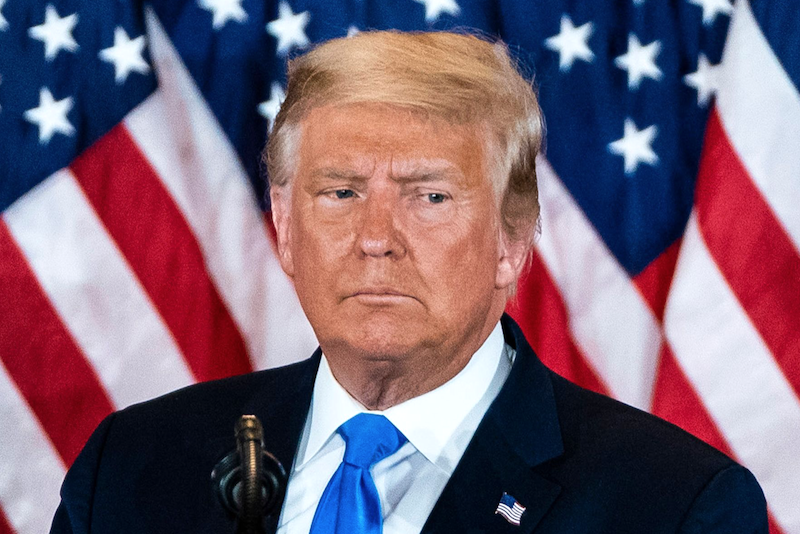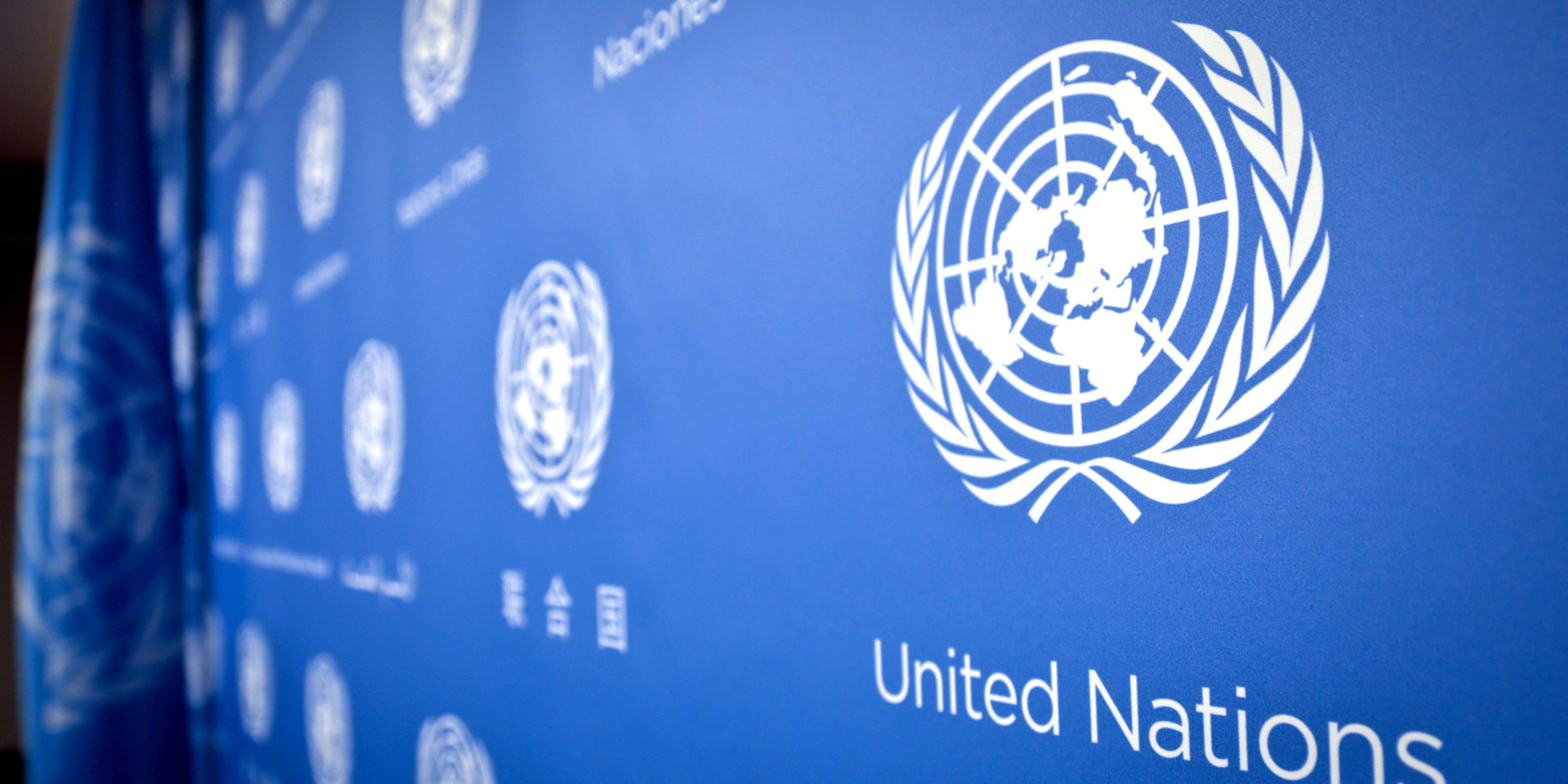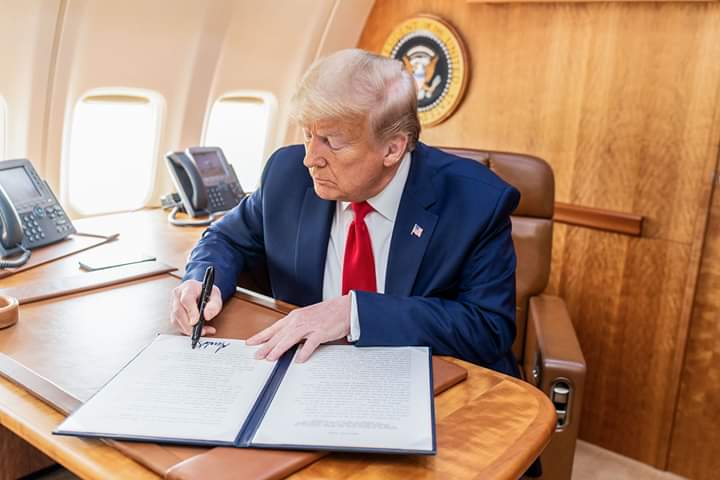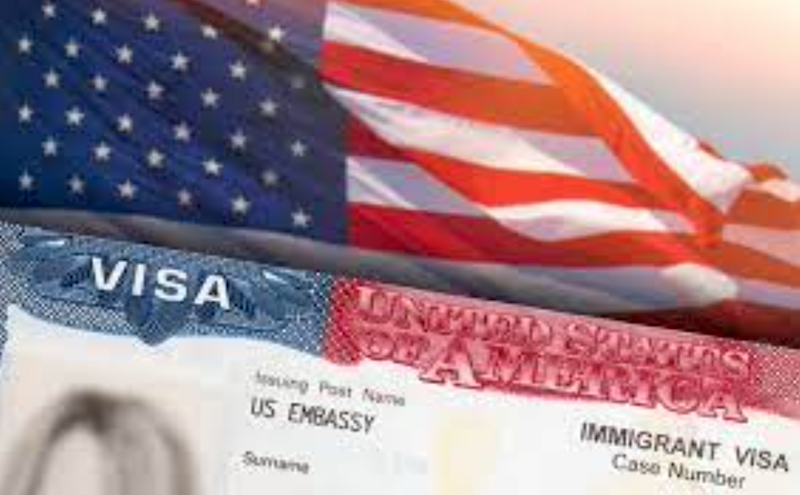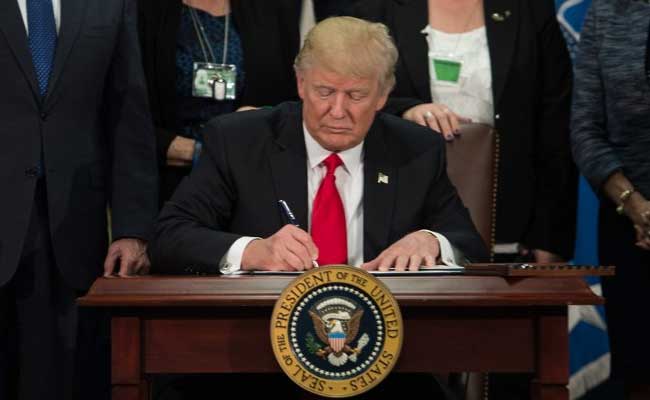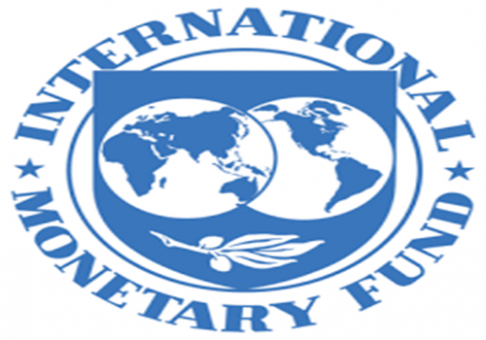The UN says it is undergoing some dire financial strain amid growing global challenges, Secretary-General António Guterres has said.
Guterres, while briefing Member States in New York on Monday about the state of the multilateral body, pushed for wide-ranging structural reforms to cut costs and enhance the world body’s effectiveness.
According to information provided by the UN Controller to the General Assembly’s Fifth Committee (Administrative and Budgetary), only $1.8 billion had been received against the $3.5 billion regular budget assessments for 2025.
This amounted to a shortfall of around 50 per cent.
As of 30 April, unpaid assessments stood at $2.4 billion, with the United States owing about $1.5 billion, China ($597 million), Russia ($72 million), Saudi Arabia ($42 million), Mexico ($38 million), and Venezuela ($38 million).
An additional $137 million was yet to be paid by other Member States.
For the peacekeeping budget, which runs on a July-June cycle, including prior-period arrears, the unpaid amount totals $2.7 billion.
For the International Tribunals, total contribution outstanding was $79 million as of April 30.
“These are times of peril,” Guterres lamented, adding, “but they are also times of profound opportunity and obligation.
The mission of the United Nations is more urgent than ever.”
Guterres outlined wide-ranging efforts to revamp how the UN system operates, which included cutting costs, streamlining operations, and modernizing its approach to peace and security, development and human rights.
He said the conclusions would be reflected in revised estimates for the 2026 budget in September 2025, with additional changes that require more detailed analysis presented in 2027.
Guterres said the changes were expected to yield “meaningful reductions” in the overall budget, in which the departments for political and peacekeeping affairs could see a 20 per cent reduction in staff by eliminating duplication.
He said this level of reduction could serve as a benchmark across the UN system while also considering unique factors for each department.
Gutterres said, “There might be immediate, one-off costs involved in relocating staff and providing potential termination packages.
““But by moving posts from high-cost locations, we can reduce our commercial footprint in those cities and reduce our post and non-post costs.”
He said departments at the UN’s headquarters in New York and Geneva had been asked to review whether some teams could be relocated to lower-cost duty stations, reduced or abolished.
A preliminary review identified more than 3,600 unique mandates for the Secretariat alone. A full and more detailed analysis is now underway.
Guterres emphasised that the sheer number of mandates, and the bureaucracy needed to implement them, placed a particular burden on smaller Member States with limited resources.
“Based on this work, Member States may wish to consider the opportunity to conduct themselves a review of the mandates,” he added.
Nearly 50 initial submissions had already been received from senior UN officials, reflecting what Guterres described as “a high level of ambition and creativity.”
Key work areas had been identified for review, including peace and security, development, human rights, humanitarian, training and research and specialised agencies.
Guterres also touched on the UN dire cashflow situation, stating that the initiative was not an answer to the months-long liquidity crisis but by being more cost effective, it should help limit the impact.
“The liquidity crisis is caused by one simple fact – the arrears,” he said, adding that structural reform was not the answer to a fundamental failure by some member states to pay what they owed on time to meet running costs.
The secretary-general told member states he would be consulting with them closely and regularly on the cash crisis and needed reforms, seeking guidance and presenting concrete proposals for countries to act on.
He said UN staff members and their representatives were being consulted and listened to, adding, “Our concern is to be humane and professional in dealing with any aspect of the required restructuring.”
He concluded by highlighting that the UN80 Initiative was a “significant opportunity” to strengthen the UN system and deliver for those who depended on the global multilateral organization.
Launched in March, the UN80 Initiative centred on three priorities: enhancing operational efficiency, assessing how mandates, or key tasks, from Member States are implemented, and exploring structural reforms across the UN system.
He urged,“Let us seize this momentum with urgency and determination, and work together to build the strongest and most effective United Nations for today and tomorrow.”
